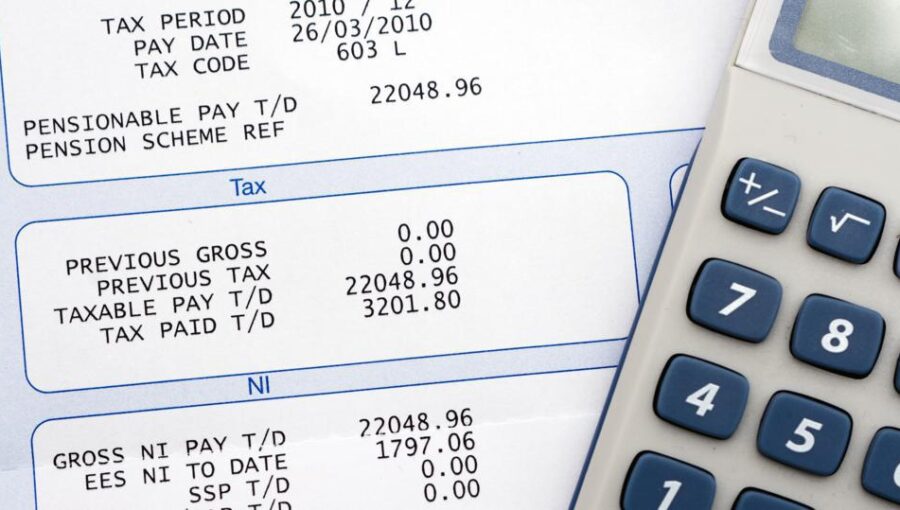Many people rely on Social Security benefits as a critical source of income in their retirement years. While Social Security is a vital program, it’s important to understand that a portion of your benefits may be taxable depending on your total income. This article will explore Social Security benefits in 2024, how taxes are applied, and how to calculate the amount of tax you might owe.
Are Social Security Benefits Taxable?
Contrary to popular belief, Social Security benefits are not entirely tax-free. Up to 85% of your benefits may be subject to federal income tax depending on your total income for the year, excluding Supplemental Security Income (SSI). This includes retirement benefits, survivor benefits, and disability income from Social Security trust funds.
Who Pays Taxes on Social Security?
If your only source of income is Social Security, you likely won’t owe taxes on your benefits. However, if you have other income sources like a pension, traditional IRA distributions, or wages from a part-time job, your combined income could push you into a tax bracket where a portion of your Social Security becomes taxable.
Social Security Tax Limit 2024
There is no separate “Social Security Tax Limit” for benefits. Instead, the IRS uses a system of thresholds based on your filing status and total income (also called Adjusted Gross Income or AGI) to determine what percentage of your benefits are taxable.
Social Security Tax Calculation 2024
Here’s a breakdown of how Social Security tax is calculated for 2024:
- Single filers with a total income of less than $25,000: No taxes are owed on Social Security benefits.
- Single filers with a total income between $25,000 and $34,000: Up to 50% of your benefits may be taxable.
- Married couples filing jointly with a total income between $32,000 and $44,000: Up to 50% of your combined benefits may be taxable.
- Filers with a total income exceeding $34,000 (single) or $44,000 (married filing jointly): Up to 85% of your benefits may be taxable.

Important Note: Even if 50% of your benefits are potentially taxable, the actual taxable amount may be lower. The IRS uses a formula that considers the lesser of:
- Half of your total Social Security benefits, or
- Half of the difference between your total income and the base amount for your filing status.
For example, let’s say you are single and your total income for 2024 is $30,000. Half of your Social Security benefits would be $x (where x represents the unknown benefit amount). The base amount for single filers in 2024 is not yet determined by the IRS, but for illustrative purposes, let’s assume it’s $20,000. Following the IRS formula:
- Half of your benefits: $x / 2
- Half of the difference between your income and the base amount: ($30,000 – $20,000) / 2 = $5,000 / 2 = $2,500
In this scenario, the lower amount would be $2,500. This means only $2,500 of your Social Security benefits would be included in your taxable income, not the full 50% ($x / 2).
Calculating Your Social Security Taxable Amount
While the above examples provide a general idea, calculating your exact taxable Social Security amount can be complex. The IRS offers a helpful online tool called the “Social Security Benefits Worksheet” which can be found on their website https://www.irs.gov/. This worksheet will guide you through the steps to determine your taxable amount.
Alternatively, many online tax preparation services and calculators can automate this process for you. These tools typically require you to enter your Social Security benefit amount, your filing status, and your total income from other sources.
Here are some additional points to consider when calculating your Social Security taxable amount:
- Use gross Social Security benefits: This means including the amount before any Medicare premiums are deducted.
- Factor in all income sources: Include income from wages, pensions, traditional IRA distributions, interest, and dividends when calculating your total income.
- Consider if you receive reduced benefits: If you claimed Social Security benefits before your full retirement age (FRA), you may be receiving a reduced benefit amount. The calculator should account for this.

